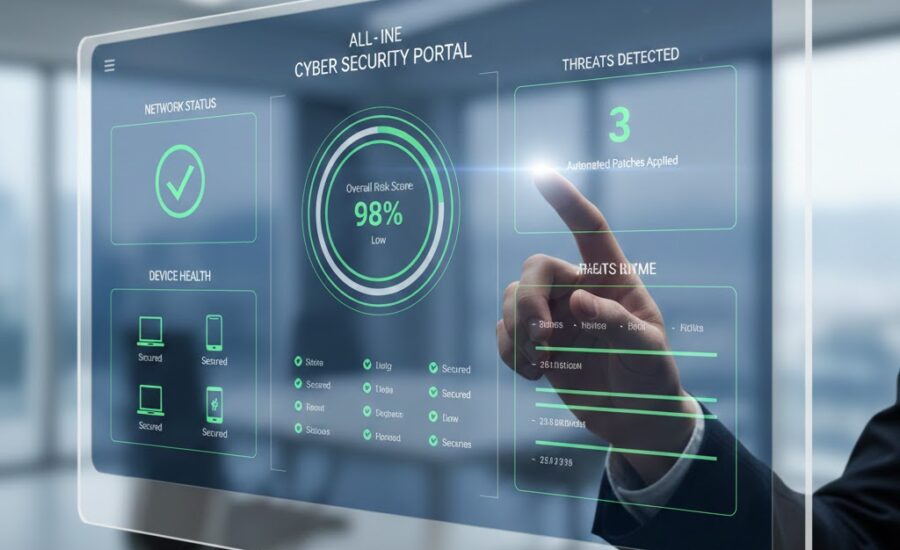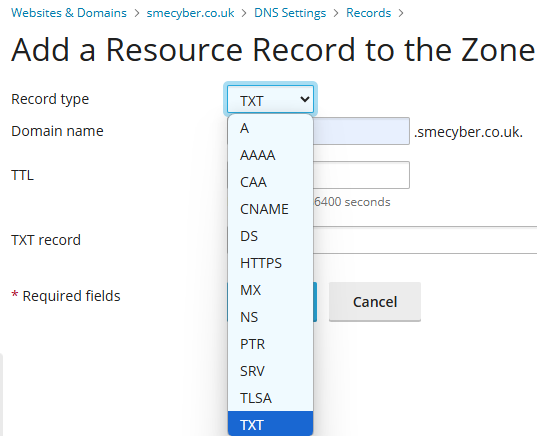SME Cyber Solutions was at Co Accounting in Norwood, South London recently to deliver a workshop designed to help attendees secure their business and digital assets. The session directly addressed the significant threats small enterprises face, including
For a small or medium business, managing cyber security often feels like juggling separate tools for different functions: an antivirus here, a firewall there, and a monitoring service somewhere else. This fragmentation, or tool sprawl, is not
In the past few years, several UK care homes and care sector organisations have suffered significant cyber attacks, resulting in data breaches, operational disruption, and financial penalties. These incidents highlight common vulnerabilities that could have been avoided
SME Cyber Solutions were at Bluewater shopping centre in Kent this month for an interview at the excellent Made In Kent Radio, hosted by the fantastic Eleanor Scannel. Have a listen - Interview at Made In Kent
SME Cyber Solutions were invited on the latest AI/Cyber Trade Mission to Poland by Cyber London in order to strengthen ties between the UK and Poland whilst sharing knowledge and taking part in discussions to tackle AI
The months of August, September and October 2025 witnessed a critical surge in high-profile cyberattacks, exposing significant vulnerabilities in the UK’s supply chains and national infrastructure. These recent breaches demonstrate that while some threat actors seek simple
As a global financial and technology hub, London presents a unique and lucrative target for cyber criminals. Businesses operating in the city face a distinct set of threats and challenges. This guide will provide you with
Cyber security is a major concern for small businesses in the UK, but it can often feel overwhelming. This guide is designed to provide you with a clear, jargon-free and actionable roadmap to protect your business. You
What Happened? It started as another step forward in modern home living. Smart beds were introduced to help users track sleep quality, adjust firmness levels and integrate with mobile apps for a better rest. But security researchers
Firstly go to https://smecyber.co.uk/security-checker/ to check your current email set up for errors. Emails should be private but many businesses are unaware they are open to impersonation and data breaches because they haven't taken 15 minutes to













